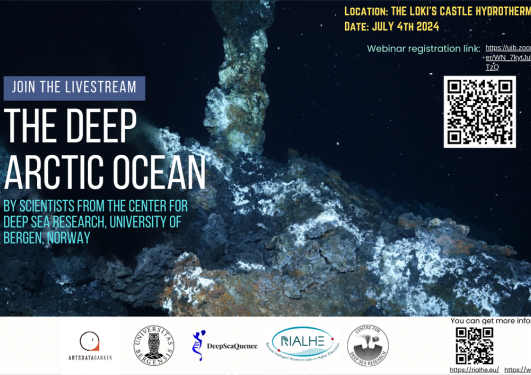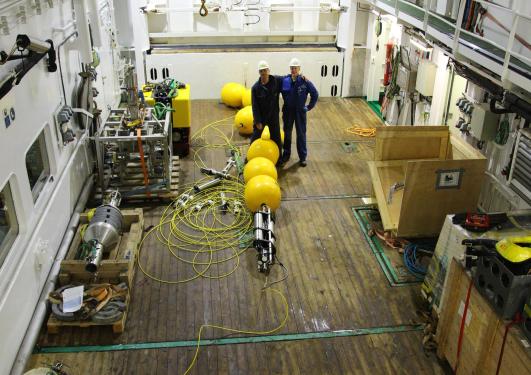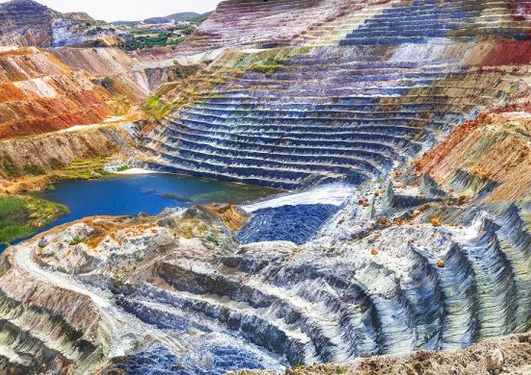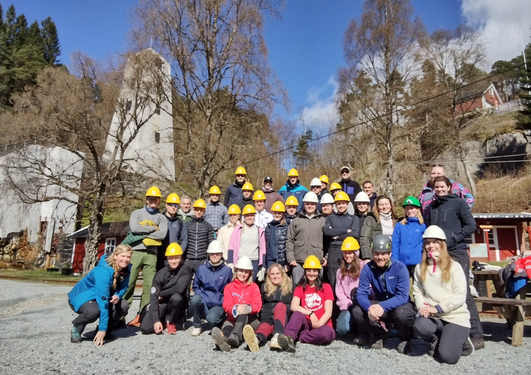The Deep Sea - Earth's last frontier
The deep sea has been a mysterious place for the longest time, but we have made it our mission to reveal the unknown!
We are not only scientists - we are explorers.
The Centre for Deep Sea Research was established in 2021 as a result of a generous contribution from the Trond Mohn Foundation. The center carries on the competences from the former Center for Geobiology (2007-2017) and K. G. Jebsen Center for Deep Sea Research (2017-2021). The centre aims at being a leading international institution and pioneer of deep ocean research. Our research activities aim at increasing our understanding of geological evolution, biological adaptations, species diversity and potential ressources in the least studied environement on earth: The Deep Sea. The center is constituted of researchers from a broad range of disciplines working tightly together to understand the complex deep sea environments and reach our objectives.



